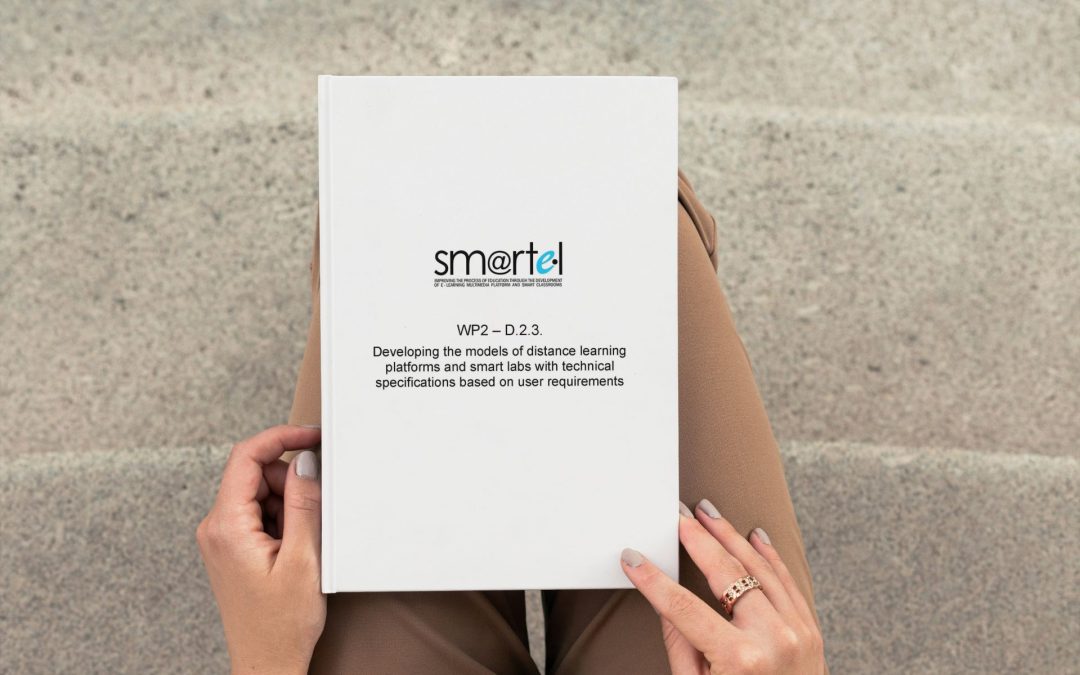The Hei4Diversity training course is designed primarily to strengthen the capacity of all members of the university community to recognize any form of violence and discrimination against LGBTQI+ groups and to take action against them.


The Hei4Diversity training course is designed primarily to strengthen the capacity of all members of the university community to recognize any form of violence and discrimination against LGBTQI+ groups and to take action against them.

The Didactic Guide is the document that introduces the Hei4Diversity innovative online training course.

These newsletters are addressed to anyone interested in teacher education, STEAM and computational thinking.

This document presents the development process and its results, addressing the models of distance learning at Higher Education Institutions (HEIs) in Kosovo, Montenegro, Bosnia and Herzegovina.

This report aims to provide recommendations for the further use and development of e-Learning systems in Higher Education Institutions that aim to enhance special needs students’ academic performance.

The report offers insights from the most current view of online education in Higher Education Institutions from Partner countries involved in the SMARTEL project.

This report offers insights from the most current view of online education in Higher Education Institutions from Erasmus+ Programme Countries involved in the SMARTEL project.

The aim of the White Paper is to present a series of recommendations at institutional, national, regional and international level on some of the crucial issues relating to university governance and institutional autonomy in Tunisian universities.

Within the PASSAGE project, we carried out extensive documentary and field research at a national level, investigating the state of the art on the integration of newly arrived students from third countries.

This document aims to achieve harmonized and shared service levels, with the possibility of developing existing systems of Higher Education Institutions in Tunisia towards excellence.

This manual describes the organization, activities and various responsibilities within the University, as well as the policy and the Quality Management System (QMS) in Tunisia.

The purpose of the procedures’ manual is to provide a formal framework for the execution of administrative operations and to describe the administrative, financial and accounting organization.

This European report aims at establishing the state of the art of sustainability measures in each of the 5 universities of the consortium.

The present text includes a summary of recommendations and an action plan for activating quality committees in Higher Education Institutions.

The CIM Competence Framework is the reference for the recognition and assessment of 15 competencies related to the management of Creativity and Innovation that students and trainees should develop to improve their employment opportunities.